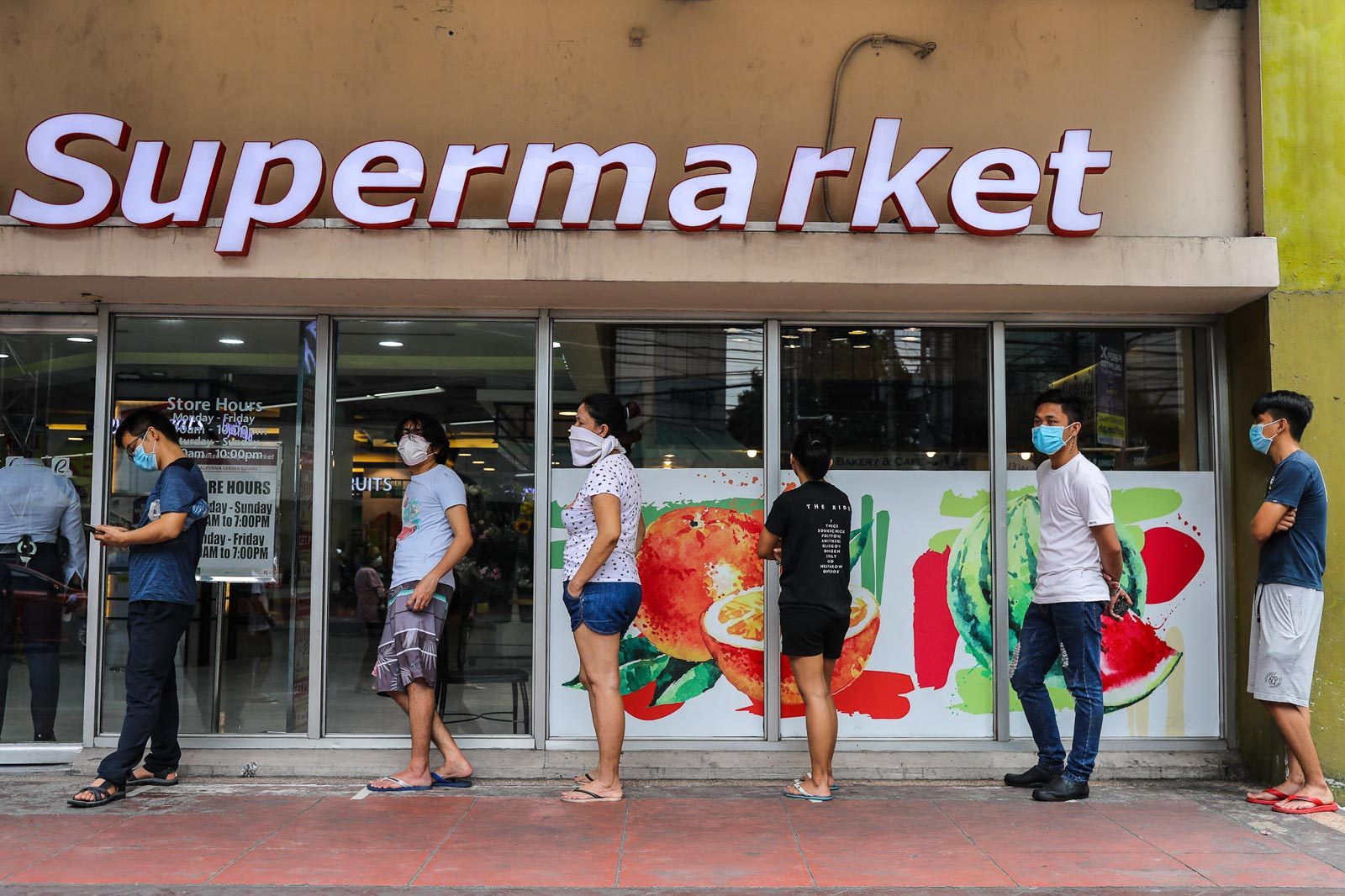SUMMARY
This is AI generated summarization, which may have errors. For context, always refer to the full article.

MANILA, Philippines (UPDATED) – The Bangko Sentral ng Pilipinas (BSP) Monetary Board trimmed key interest rates by 50 basis points, bringing the reverse repurchase facility to just 3.25% as the coronavirus pandemic triggers an economic slowdown.
Interest rates on the overnight lending and deposit facilities were reduced to 3.75% and 2.75%, respectively.
“[T]he Monetary Board decided that there is a need for a follow-on monetary policy response to address the adverse spillovers associated with the ongoing pandemic,” said the BSP.
“With a manageable inflation environment and stable inflation expectations, the Monetary Board sees enough policy space for an assertive reduction in the policy rate at this juncture to cushion the country’s growth momentum and uplift market confidence amid stronger headwinds.”
Easing the interest rate generally lowers borrowing costs for consumers and would lead to people spending more. (READ: FAST FACTS: What does the Bangko Sentral ng Pilipinas do?)
More spending means higher demand for goods, which in turn boosts the economy over time.
The central bank has also relaxed regulations on reserve requirements and single borrowers limits to combat possible liquidity issues.
Economic growth remains dim, as the Luzon-wide lockdown is disrupting various supply chains.
Bank of the Philippine Islands chief economist Jun Neri welcomed the lowering of interest rates, but noted that fiscal stimulus should go along with it.
“More importantly, this has to be complemented by a massive fiscal stimulus that will target key sectors and industries including health, travel, tourism, but most especially the families that depend on daily wages. Most banks may need increased access to the BSP’s rediscounting facility. And, in turn, keep credit lines open for their client,” Neri said.
ING Bank Manila senior economist Nicholas Mapa also warned that the lower rates would “do little to ignite loan demand” as people’s movements are restricted and they won’t be able to spend much.
“With the central bank moving aggressively, we now await additional action on the fiscal front with the government rolling out a mere COVID-19 fiscal stimulus package worth [P]27 billion, roughly 0.1% of GDP (gross domestic product),” Mapa said.
“The problem faced by the Philippines is mountain-sized. We will need a mountain-sized response.” – Rappler.com
Add a comment
How does this make you feel?
There are no comments yet. Add your comment to start the conversation.